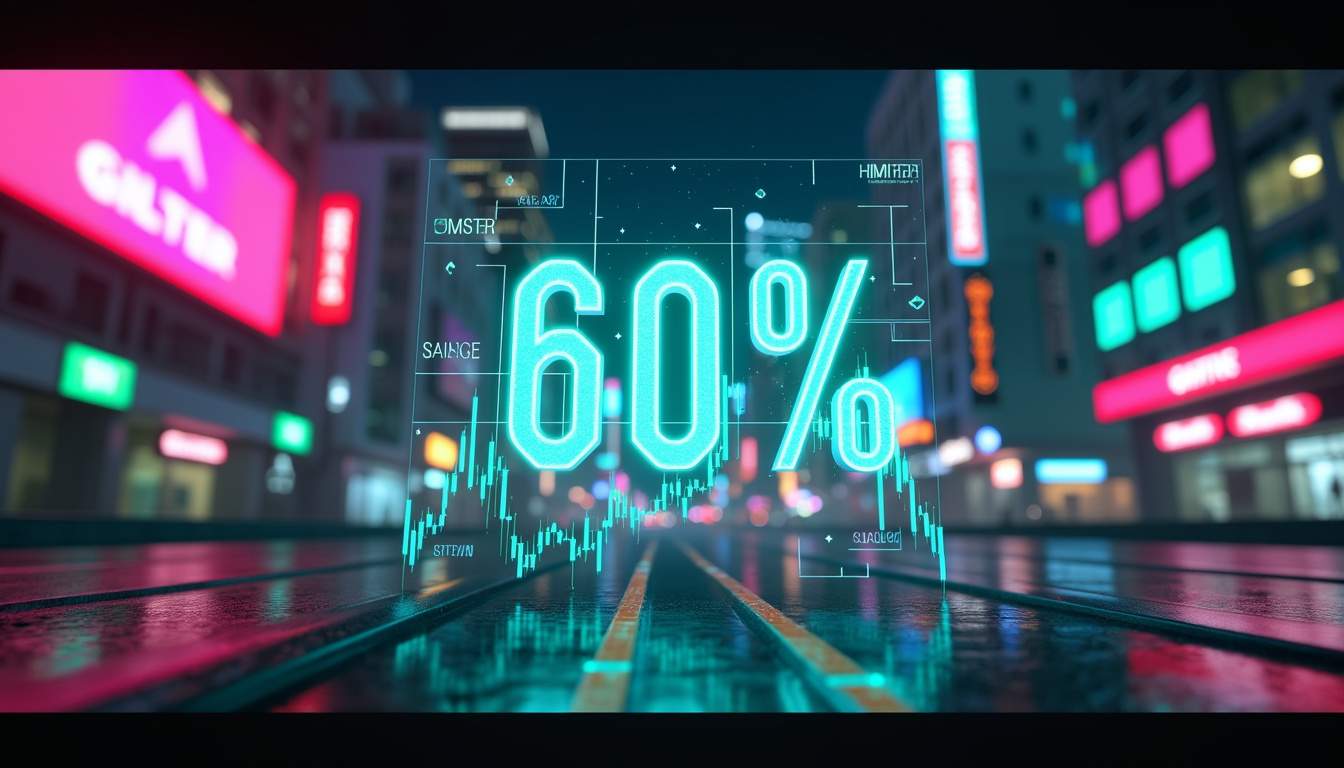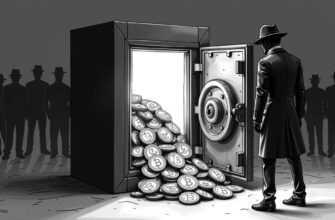The Surge and the Concerns
HMSTR, the token from Hamster Kombat, just shot up over 60% in a day. Crazy, right? But here’s the kicker: they’ve stopped withdrawals. That’s like waving a red flag in front of a bull for many investors. Stopping withdrawals can really shake up investor confidence. Just look at Celsius; when they halted withdrawals, it was game over for them and sent shockwaves through the crypto space.
Now, I get it—crypto is risky by nature. But when a platform suddenly says “nope, you can’t take your money”, it raises all sorts of alarms. It’s like that moment in horror movies when the characters decide to stay in the creepy cabin instead of running for their lives.
The Betting Angle
Now let’s talk about something interesting—the whole blockchain betting thing going on here. Hamster Kombat has this setup where you can bet against other players using crypto. On paper, it sounds cool! Decentralized platforms are usually more secure since they don’t have a single point of failure like traditional ones do.
But let’s not kid ourselves; these platforms can be just as shady if not more so. And while lower fees and faster payouts are great, they also mean less regulation and oversight—which can be a double-edged sword.
Is HMSTR Here to Stay?
Now onto the million-dollar question: is HMSTR sustainable? I mean, sure there’s a massive user base—300 million people is no joke—but that doesn’t automatically make it stable. The tokenomics seem designed to pump up prices (and maybe dump later), but we’ve seen this play out before with other P2E games.
And let’s not forget about security! One hack and poof—there goes everyone’s confidence and probably their money too.
In conclusion, while there are some intriguing aspects to HMSTR and its ecosystem, there are just as many red flags popping up left and right. As always in crypto: do your own research (DYOR) and never invest more than you can afford to lose!








